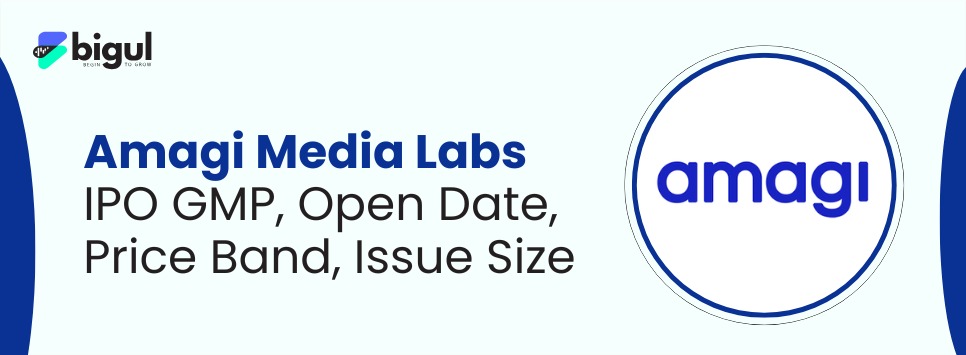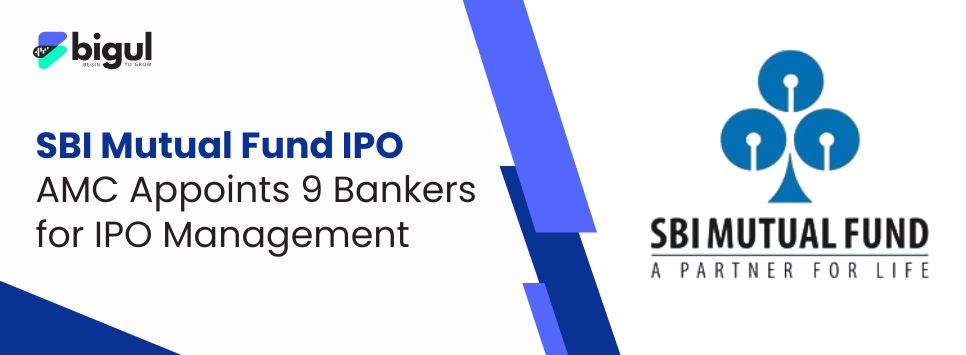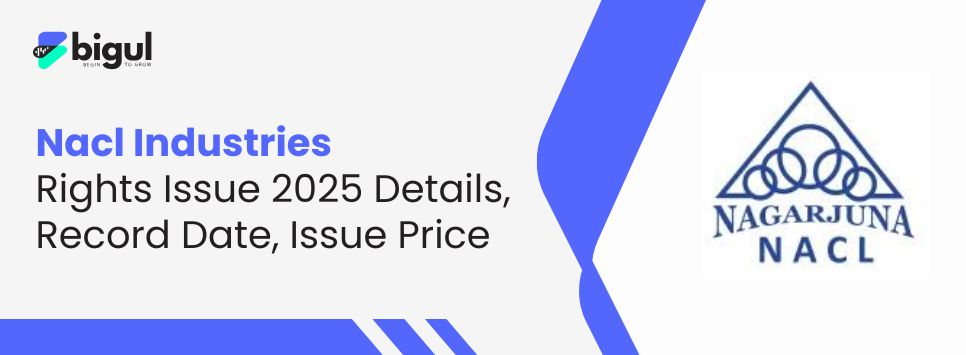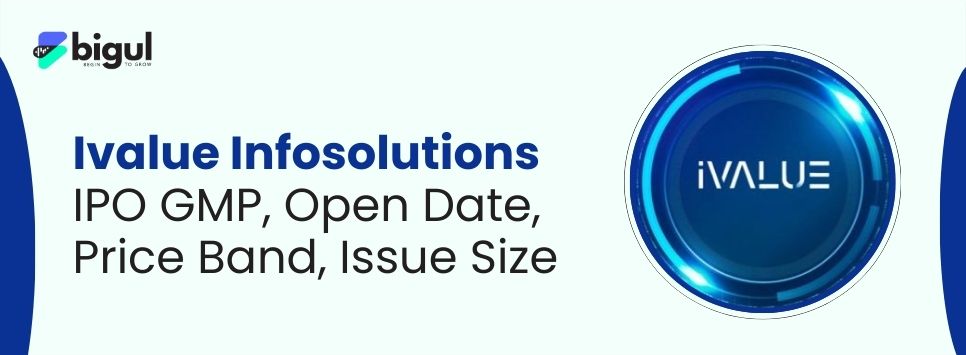Investment in corporate bonds is a hit among those who want continuous income but are not ready to take much risk. Corporate bonds are an intermediate investment, more secure than stocks but less secure than government bonds. The issuing companies look to raise capital and, in return, they offer interest payments to investors—either fixed or floating—for a period.
To invest in corporate bonds wisely, one needs to know some fundamentals. It is first imperative that the investor gets educated on how these bonds operate—how interest is paid out, how they are priced, and how and why their price fluctuates around in the bond market. The credit rating usually indicates this risk to investors and what sort of return they can expect. Having a notion of primary and secondary markets is also useful.
Company bonds can be a wonderful complement to your investment strategy if you are seeking income, desire to reduce overall risk relative to stocks, or want to safeguard your cash. Whether you have a taste for secure investments, or are thinking of other investment options in the bond market to make it an even better situation, prudent investment in corporate bonds can be a wonderful step for you in the direction of realizing your goals.
What are Corporate Bonds
Corporate Bonds are Loans to Businesses - essentially, when you purchase a corporate bond, you are loaning cash to the business. The business promises you, in exchange for your loan, it will give you interest - known as coupon payments. The business also promises you when it will repay you the entire amount of your principal on the maturity date.
Types of corporate bonds
There are numerous varieties of corporate bonds:
Unsecured Bonds (Debentures):
There is no security backing. Even in the case of bonds, you are relying on the credit rating and the company's credibility. Unsecured bonds pay higher interest to entice investors since they are riskier.
Convertible Bonds:
These enable you to exchange your bond into a company's shares after a certain period. This gives you a chance to earn more in the event that the company appreciates, while simultaneously you get to benefit from the security of a bond.
Ways to Buy Corporate Bonds
Bonds are bought directly from the company (primary) or from existing investors (secondary). There are several ways to buy corporate bonds. You can invest via brokerage accounts, online investment apps, through mutual funds or exchange-traded funds (ETFs). It is also useful to know what the broker does, what price you will pay for their service, and how interest rate movements affect the cost of a bond.
Who Can Invest in Corporate Bonds
Indian corporate bonds are accessible to almost anyone—not just large companies or banks. All sorts of people and groups are able to put money into these bonds, including:
Retail Investors:
These are typical individuals who invest their own money. Because of easy-to-use online websites, regular folks can now invest in corporate bonds fairly easily.
High-Net-Worth Individuals (HNIs):
These individuals are wealthy investors with larger amounts of money to invest relative to ordinary people.They have corporate bonds in their portfolio to keep money safe and ensure steady returns for their income.
Institutional investors:
These are large organizations such as banks, insurance companies, mutual funds, and pension funds. They are also among the largest buyers in the bond market and invest other people's money.
Foreign Portfolio Investors (FPIs):
They are foreign firms or investors who invest in Indian bonds and other financial instruments.
Investment Process
Investing in and selling corporate bonds is easy. Follow the steps below to make an investment in corporate bonds:
-
Do proper Research: First, we will need to do research on the corporate bonds. You should thoroughly verify the company issuing the bond's financial well-being, credit rating, the return (yield), and the time period in which it expires (maturity period). It is very important to know if the company will repay you.
-
Select a Broker and Account: You will require a broker who trades in bond trading. The majority of share brokers have this facility. You will need to open a trading account and a Demat account to store your bonds securely in an electronic format.
-
Purchase the Bond: After completing the establishment of your account, you can purchase your chosen bond from the bond market through a trustworthy broker like Bigul. You can purchase bonds in the primary market (or newly issued) or in the secondary market (from other investors).
-
Keep or sell: when you purchase a bond, you can either hold the bond to maturity and receive interest and then receive your full principal, or you can sell the bond in a secondary bond market before the maturity date, if you have a change in your investment objectives, or if the bond market value has worsened due to something awful happening in the market. And remember, bond prices are going to be closely tied to interest rate movements.
Types of Investments
There are a few different ways to invest in corporate bonds. Your decision should be developed by the level of knowledge you have, risk tolerance and how much control you'd like to maintain.
-
Direct Purchase through a Broker: This is likely the easiest way to invest, and it gives you complete control in picking your bonds that you want to invest in. It is great for those who have the time and knowledge to do their own research.
-
Bond mutual funds: Such funds pool investors money from a lot of investors to buy many different bonds of companies. They provide professional management and instant diversification which is ideal for a beginner or someone that does not want to manage their own investments.
-
Exchange-traded funds (ETFs): The bond ETFs are similar to mutual funds, but ETFs trade on the stock market throughout the day. They have the benefit of diversification and in addition to that you can trade during the day whenever the market is open.
-
Online Platforms: It is possible to invest in corporate bonds directly on numerous websites today. Such websites are easy to use and frequently come with learning aids and research assistance, useful for beginners.
-
Primary Market Offerings: You can also invest in fresh issue bonds, just like in the case of stock IPOs. Fresh issue bonds can provide good initial offers, but due to its high demand in the bond market the investor has to move fast to grab them at the right time.
Corporate Bond Investment Strategy
A simple plan can help you avoid making the wrong risks, making more money, and matching your bond investments to your money objectives. The following are some wise and famous methods people employ when investing in corporate bonds:
The Ladder Strategy
This strategy involves purchasing bonds with different maturities, at different times, in different years. If you are going to make a total investment of ₹250,000 you can divide that investment into five; ₹50,000 to purchase a 1-year bond, a 2-year bond, a 3-year bond, a 4-year bond and a 5-year bond. On maturity of each bond, you would take that money and buy a new bond that has a longer duration. For example, you would sell your 1-year bond and purchase a new 5-year bond instead. It would allow you to invest regularly, but with less risk associated with changes in interest rate risk, and you would have ample opportunity to have "regular money" over an extended period of time.
The Barbell Strategy
This is the purchasing of short and long term bonds, but not middle-term ones like the previous example. Short-term bonds will offer more liquidity if you need the cash, while long term bonds will give you a greater return. As an investor in the bond market, you should be satisfied that you are secure and you are receiving above-market return, especially during uncertain and fluctuating interest rate situations.
Note on Diversification
Diversification involves investing in various companies and industries. If one bond performs poorly, your entire investment will not be damaged. You can invest in industries such as banking, health, energy, and building, and select bonds of various ratings and durations.
Credit Quality Focus
Some individuals select bonds on the basis of their safety. Cautionary investors go for high-rated bonds such as AAA. They provide less return but are secure. Daring investors can opt for low-rated bonds that provide more money but are less secure. The amount of risk you are willing to take on, and the return you are expecting is critical.
The Hold-to-Maturity Approach
This is a peaceful and easy method of investing. You purchase a bond and keep it until its conclusion. You do not stress about fluctuating prices in the market. You merely receive interest on a regular basis and your entire money back when it ends. This is great for people that want a steady income, and do not want to deal with it much.
Things to Remember Before Buying
If you invest in corporate bonds before considering some things, you should reconsider. You make sounder and safer decisions when you invest after considering these key points.
Credit Ratings
A credit rating indicates the probability of a company paying back its loan. These Ratings are provided by companies such as CRISIL, S&P, Fitch, and Moody's. AAA is the best. Bonds rated below BBB are considered junk. Bonds rated high give less return with security. Low-rated bonds give a good return, but they are risky.
Yield
Yield is the return you receive from the bond. The easiest way to view this is through Yield-to-Maturity (YTM), which is all interest plus gain or loss if you hold the bond until expiration. High yield sounds good but can be accompanied by more risk. Make sure that return is reasonable, given the risks taken with your money.
Timeframe to Maturity
This is the time that you must wait to get your money back from the bond. Short-term bonds usually will return your money within a three year timeframe, medium-term bonds will lock you in for a period of time less than ten years (between three and ten years) and long-term bonds will usually have a time frame greater than ten years. Long-term bonds usually will provide a better yield, but long-term bonds would also be more volatile in value when interest rates rise and fall. Make certain you select a bond that provides the best fit in alignment with the need for your money now and in the future.
Callability
Some firms can redeem the bond ahead of time, particularly when there are declines in interest rates. It benefits the company but can harm you as your interest ceases prematurely and you will have to invest again at reduced rates. Always look for whether the bond is callable and under what conditions.
Taxation
Taxes are on your actual profit. In India, interest on corporate bonds is tax-deductible depending on which income group you belong to. If you sell the bond before maturity , you might have to pay capital gain tax. Understanding the tax regulations makes you aware of your actual profit after tax.
Conclusion
Corporate bonds are an appropriate option for those looking for regular income at medium risk. The advantages of bonds are:
-
Corporate bonds have less risk than stocks and pay more than treasury bonds.
-
They pay fixed interest and the bond market investor has a choice of varied company, duration and bond rating.
This article mentioned some helpful strategies, risks and things to consider before investing in corporate bonds. When you align your bond investment with your goal, risk tolerance and time frame requirements, these bonds are a great asset in your money plan. The potential of corporate bonds to enable you to become wealthy lies in their regular interest, moderate risk and principal protection.
FAQs
1. What is corporate Bonds?
These are debt instruments that are raised by corporations to meet their funding requirements. The investor gets regular interest payments and the principal on maturity.
2. Are corporate bonds safe?
The bond market investor can gauge the safety of a bond instrument through the ratings assigned to them by various ratings agencies. These ratings are based on various parameters like the company financial health, market conditions etc.
3. Why should an equity investor look at bond investment?
This is an easy way to diversify the investor’s portfolio and also get certain and regular income through interest payments even when the market falls.
4. How can one invest in bond market instruments?
The easiest way to invest in the bond market is through a reliable broker like Bigul. Investors can choose to buy bonds from the fresh issue in the primary or secondary markets, investing through Bonds MFs and ETFs.
Also Read | Bonds versus Debentures : A Guide for Investors







.jpg)





.jpg)
